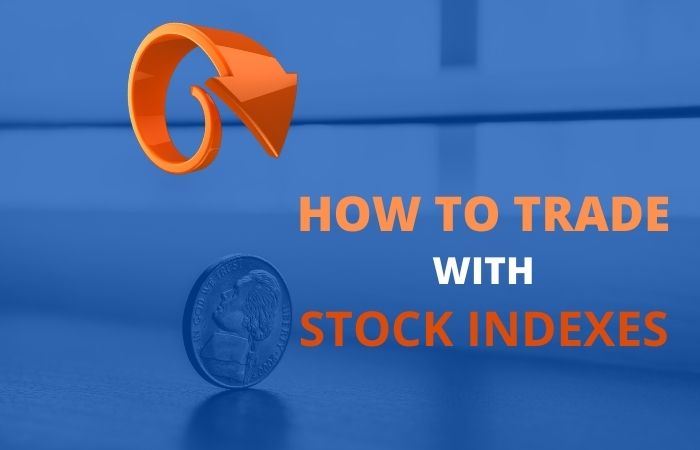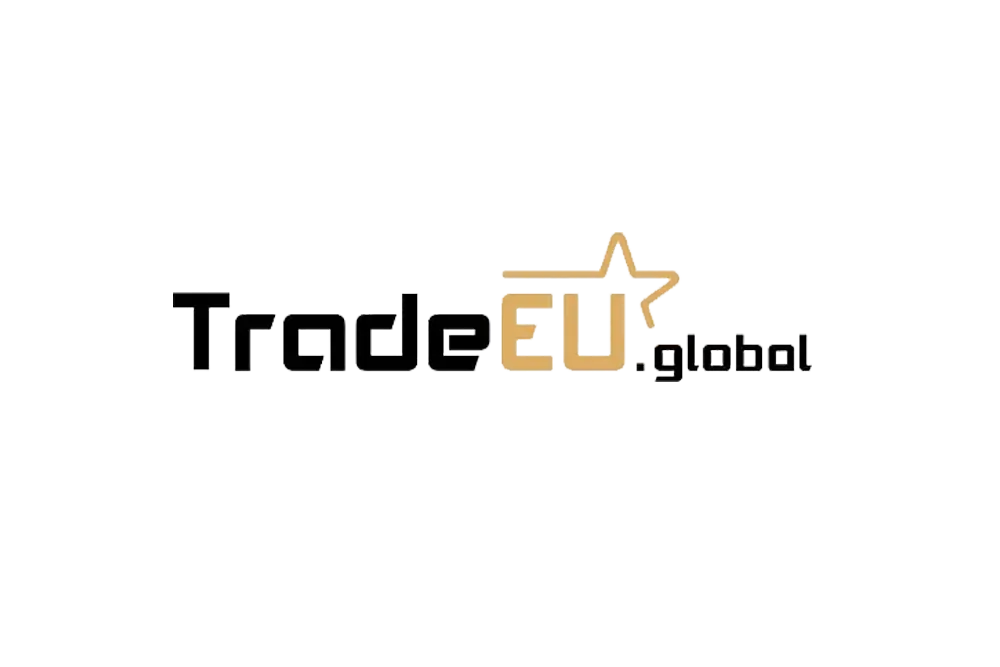Trade with Stock Indexes – An Essential Guide: Stock Indexes is an estimate of the stock market or a tinier subset of the market. It helps investors in comparing currency price levels with previous price levels to compare market performance.
Stock Indices are an indicator of their respective stock exchanges. They comprise a set number of top shares from a given exchange. A stock index is an assemblage of stocks build up in such a way that it replicates a particular financial market.
They come in various forms in the market. Some indexes have a handful of stocks which determines their value.
One cannot directly invest in them, but investors can invest in index funds to make money. Mutual funds and exchange-traded funds (ETFs) are the two types of Index funds.
How Does a Stock Index Work?
The underlying holdings in an index allude to as the index’s “crate of stocks“. For instance, the Dow Jones Industrial Average Index (DJIA) incorporates 30 of the most prominent U.S. organizations.
These indexes go about as rules for investors attempting to recreate a specific asset, market, or region. An investor who needs to add an introduction to enormous top U.S. stocks can utilize the Dow as a tool to pick stocks.
Also, the Philadelphia Gold and Silver Index (XAU) comprises organizations that mine gold and different precious metals. If traders purchase the stocks in the index, they will increase adjusted introduction to the gold mining sector. You can get a presentation without purchasing partakes in every gold mining organization in the world. The offers in the XAU are illustrative of the gold mining industry overall.
Alternatives To Replicating Indexes in Your Portfolio
While you can independently buy all the stocks in an index, there’s a more straightforward method to include index exposure. Mutual funds and exchange-traded funds (ETFs) track stock market indexes. These items bring down the boundaries to the section to buying these indexes. As opposed to setting aside the cash expected to buy one portion of each stock recorded on an index, an investor can get a similar expansion by buying partakes in a mutual reserve or ETF that tracks that index.
Index-Weighting
Index-weighting alludes to the strategy for how the offers in an index crate dispense. An index’s weighting is how the traders plan the index. For instance, a price-weighted index buys shares in proportion to the expense of those offers. A stock worth $20 may have one offer remembered for the index, though a stock worth $5 would have four offers included.
The most well-known sort of weighting depends on market capitalization. The portions of each stock in a top-weighted index depend on the all-out market estimation of the organization’s outstanding offers. Set forth plainly, this implies the index incorporates more portions of organizations that are worth more, and fewer portions of littler organizations. Some stock indexes may have thousands of stocks.
Other potential techniques for weighting incorporate revenue-weighted indexes, fundamentally-weighted indexes, and float-adjusted indexes.
Advantages of Buying an Index
Indexes are a pleasant method to pick up introduction to specific markets or sectors without putting in thousands of requests. It’s less expensive and complicated than doing the exploration and putting in the requests to recreate a sector all alone.
The index follows the sector; buying indexes might be the leading choice for an average investor hoping to open themselves to specific markets. For instance, not every person has the space to store barrels of oil, groups of steers, or packs of wheat. Instead, these investors can buy the proper ware index that tracks the market they need to buy.
Disadvantages of Buying an Index
While an index intends to copy a specific market, that doesn’t mean it’s 100% exact. If traders buy a foreign market index in a particular region, that doesn’t mean their bushel will mirror the economy of that region. Numerous factors can change the course of an economy, and now and then it’s hard for an index to precisely represent those factors.
Not all indexes are fluid. It might be hard to exchange and out of specific positions, contingent upon the index you track. On the other hand, something very similar can be said for particular protections, also.
All the downsides that accompany different forms of contributing likewise apply to index contributing. That incorporates issues identified with order type—market orders will execute rapidly; however, they won’t ensure a price, while limit orders control the price at the expense of practicality.
Expenses are an essential downside to shared assets and ETFs. A store director guarantees that the underlying stocks imitate the file being followed, so financial specialists pay charges to reward the chief.
While ETFs, similar to any speculation, accompany certain inconveniences, they’ve gotten fantastically mainstream. In 2019, ETF resources under administration beat $4 trillion.2 Many financial specialists found that the benefits of ETFs exceed the disadvantages. For instance, ETFs appreciate certain duty favourable circumstances over the shared subsidizes that track a similar record.
Know Steps To Trade With Indices
The work of stock indexes in the financial markets is to measure or track a specific basket of chosen stocks. You can go through the top value of investing books to trade in it.
Steps To Trade Indices
- Select how to start trading with indices.
- Decide whether to invest or trade with index futures or cash indices.
- Ready to make an account and login to it.
- Choose the index which you want to trade.
- Also, decide whether you wish to trade with go long or short.
- Set your limits as well as stops too.
- Go ahead to open and continue to monitor your position.
Why Do You Need To Trade Indices With Global Trade ATF?
Choosing the right broker for trading is very crucial for Successful trading. The broker you want must be regulated, legitimate and should not burn holes in your pocket.
- With Global Trade ATF, you not only get the most excellent trading accounts and Metatrader4 platform. You will also get access to 90+ cutting-edge analytics tools to ace your trading strategy.
- The financial brokerage firm also offers terrific spread and leverage.
- Investors and traders can trade ETF, DAX 30, DOW 30, FTSE 100, NASDAQ 100, MIB 40, Nikkei 225, and other potent stock indices.
- The Global Trade ATF Broker provides online courses, articles, tutorials, VODs, and e-books to keep you informed.
- The Brokerage Firm provides high-level cyber-security to safeguard its clients from cyber thefts. They use firewalls, SSL technology, and the best encryption for any transaction or financial operation.
- The customer service is very responsive, and they are available 24/7. One can contact them via email, telephone and live chat.



